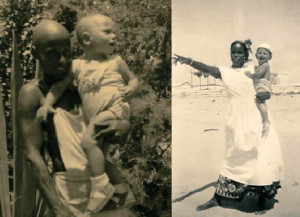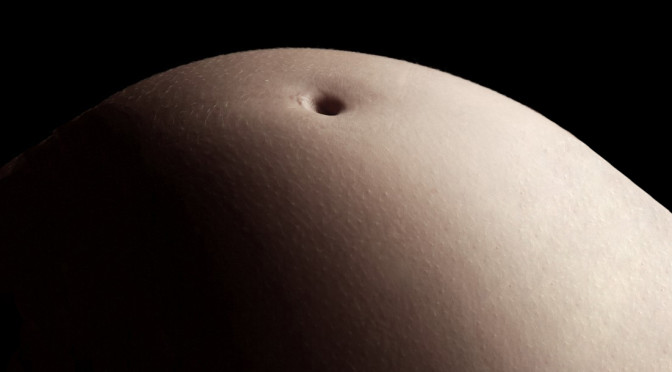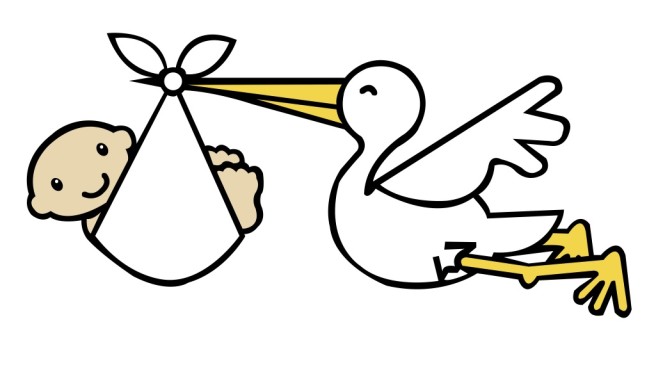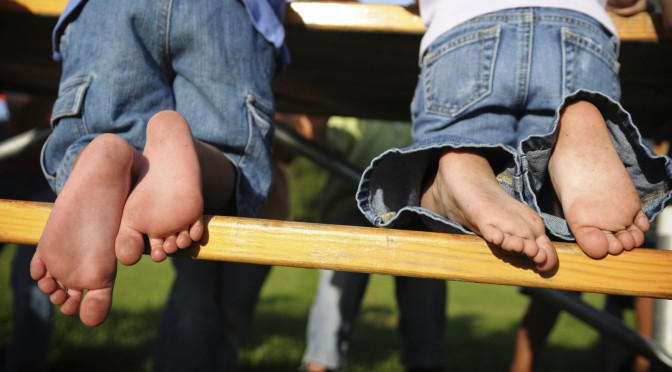A doula is a person with or without medical training whose purpose is to assist a mother to be before, during and/or after delivery. Primarily, the doula is to assist the mother providing safe, emotional and physical support and helping her as well as her spouse.
To a lesser extent, help with the baby.
At times during pregnancy the mother can become depressed and that is when the doula can positively fortify the emotional state of mind. During birth, the doula becomes a coach alleviating at times the pain and ensuring a smooth birth. After birth the doula still will offer emotional and physical assistance. Start a wash of clothes say, go to the supermarket or prepare meals for when the spouse will come back from work. 24/7 she will take calls from the new mother to answer questions: “my breasts are full of milk and they are ready to explode, what do I do?”.
Start a wash of clothes say, go to the supermarket or prepare meals for when the spouse will come back from work. 24/7 she will take calls from the new mother to answer questions: “my breasts are full of milk and they are ready to explode, what do I do?”.
Some families keep their doulas for long periods of time after birth.
It is best to build a ‘relationship’ with a doula some time before birth but some of them are specialized, as Antepartum, Partum and Postpartum doulas.
Category: Parenting
Parents and Newborns
One must admit that becoming a parent is one of the greatest joys that life can bring to a person. Some believe that having a child is definitely the greatest gift that one can ever receive in his/her entire lifetime.
Some women can’t wait to become mothers. One can just imagine the glee that these young women feel when they find out that she and her husband are bound to be parents in a few month’s time! Surely, having a child is as exciting as it can get. You have to wait for nine months before the child comes out of his/her mother’s womb.
A person can’t just get enough of a newborn baby. Whether the baby is his/her’s, a person will always wish to hold the baby’s tiny hands. You will see that people will crowd over the newborn. You will hear all the gibberish words that this planet has to offer. It’s as if the baby can understand such language. More often than not, babies will smile or even giggle when they hear someone talking to them in gibberish. Given this scenario, the person talking gibberish to the baby can’t help but feel a warm sense of pride because he/she was able to make the baby smile or giggle. A baby’s laughter can get infectious. Actually, just looking at a baby’s or a child’s angelic face is enough to make one’s troubles disappear even for a short while.
However, raising an infant is not always about fun. There are plenty of bumps that must be taken care of in the road of parenthood. Many sleepless nights will be experienced. You will wake up suddenly to sounds of your baby’s shrill cry. The baby must have wet himself/herself. It’s also possible that the baby had a bad dream. Also, the baby must be feeling cold, hot, irritated, etc.
The next issue to be discussed is the baby’s health. The infant’s body systems are not quite developed as those of adults. Therefore, babies get sick most of the time. A parent feels alarmed when he/she finds out that his/her baby is suffering from a fever. Who doesn’t? Babies are such wonderful creatures. They look so angelic, helpless, and innocent. One can’t help but feel instantly protective of the babies. As much as possible, one wants everything to feel right for the little infant.
A baby can get to be quite a bundle if he/she is spoiled as an infant. He/she, even as a toddler, would like to get things done his/her way. It is not unusual for children to throw tantrums every now and then. You would too if you know that the people around you will scurry towards you to give you what you want. There’s nothing wrong with giving a child what he/she wants. However, one must take care not to go overboard. It’s possible that some children will take advantage of your weakness — seeing them cry.
You will learn that giving in to each and every whim of the child will lead to headaches. The child will always have tantrums if he/she doesn’t get what he/she wants. The child might think that he/she has power over you. Avoid these kinds of scenarios. Do show your child who the boss is. As much as possible don’t hit them. Doing such an act will lead to further complications. Talk to them in a kind but firm voice. This will tell them that you are not mad at them. You are merely explaining what they’ve done wrong. You can even enter a compromise with them. It all depends on how you approach the subject matter at hand.
Enjoying your baby is the greatest thing a parent can ever experience. You will love it just as much as I have and in no time you will want to have another!
8 Phases of Development
It is important that one learn the different stages of child development before he/she can fully understand his/her child. According to Dr. Erik Erikson, a psychiatrist, there are 8 Phases of Development. The development stages are concerned with the emotional and social development of children, adolescents, and adults. We have summarized each phase and as a reference below you will find an outline of each phase, plus a description of what it entails.
Phase 1 – Trust vs Mistrust
This is actually the first phase of Dr. Erikson’s study. This takes place during the first 2 years of the infant’s life. It is important the infant feel loved and nurtured in this stage. The child will become a trusting person if he/she is treated right. Otherwise, he/she will have a hard time trusting those around him/her.
Phase 2 – Autonomy vs Shame
The second phase starts when a child is between two to four years old. Children who are treated well by their parents will show qualities of autonomy and pride. However, autonomy must not be confused with independence. Children who do not overcome the Autonomy vs Shame crisis will have bouts of shame or embarrassment. He/she may have a difficult time performing some tasks — a dance or song that is asked of him/her. He/she will feel that he/she will be unable to perform well. Hence, the feeling of shame arises.
Phase 3 – Initiative vs Guilt
This occurs during the “play age” or preschool years. The child discovers that cooperation is vital. The child also learns to improve his/her skills. Also, realizes how to be a good leader and a good follower. However, a child who has guilt running in his/her veins will be fearful. He/she will also lack imagination. Furthermore, the child will be dependent on his/her parents.
Phase 4 – Industry vs Inferiority
This stage happens during the junior years in high school of the child. The child who learns industry in this stage is sure to relate to his/her peers while abiding by the rules. The child will also learn the significance of teamwork. On the other hand, the child who is distrustful and shameful will, unfortunately, feel inferior to those around him/her.
Phase 5 – Identity vs Identity Diffusion
Adolescents experience this 5th psychosocial crisis. Adolescents, by this time, should be capable of identifying the type of person they truly are. In the later years of adolescence, the child will also recognize his/her sexual identity. He/she will not doubt what his/her gender is.
Phase 6 – Intimacy vs Isolation
This happens when young adults learn to love. Either the person makes a relationship worthy of long lasting friendship or one that can even lead to marriage.
Phase 7 – Generativity vs Self Absorption
The seventh stage occurs when the individual learns to work creatively and productively. This can also be seen at the office or at one’s home — during parenthood and marriage.
Phase 8 – Integrity vs Despair
Integrity is achieved by the individual if all of the previous seven crises were successfully settled. He/she can apply everything that he/she has learned from the previous seven stages of development. However, one will feel despair if most of the seven crises were not met satisfactorily.


